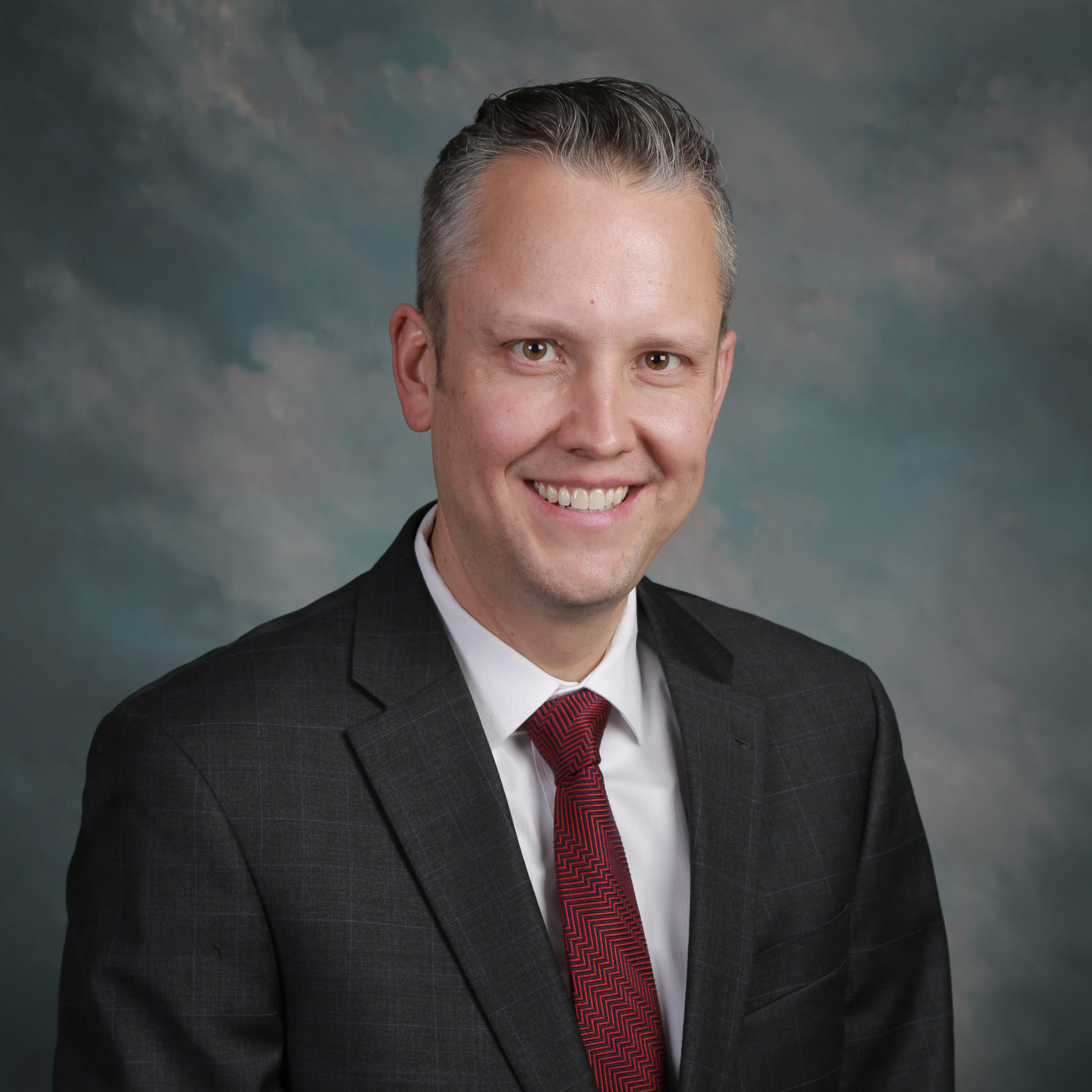Virtual Winter Conference a Success
It’s not a surprise that registrations for this year’s virtual MEA Winter Conference were down by about one-third from normal times when our union’s biggest event of the year is held over three February days in Detroit.
That makes it even more impressive that requests for State Continuing Education Clock Hours – SCECHs needed to satisfy professional development requirements – shot up by more than three times this year over what’s typical for the conference, according to Kia Hagens, director of MEA’s Center for Leadership & Learning.
Last week, conference attendees trained on everything from personal wellness to legal issues in education, strategies for member advocacy and contract bargaining, school culture and educator leadership, developing a social justice mindset, education finance, lobbying and more.
Normally, about 70 member-requested SCECH hours are awarded for attendance at qualifying sessions from the winter conference, but this year members have submitted 250 hours for approval, Hagens said.
“Another way that I measure success is on the feedback we receive about the importance and quality of the offerings, and I’m hearing a lot of people saying things like, ‘This session needs to be presented again,’ and ‘We should present this session to the (MEA) board and local leaders.’”
One of the unique features this year was a Speaker Series, which spotlighted authors and leading figures in the national conversation surrounding race, equity, and how to create a more inclusive school and classroom environment.
The first session in the speaker series focused on a project between Dr. Donna Rich Kaplowitz from University of Michigan, MEA member Sheri Seyka – a veteran English teacher in East Lansing – and Shayla Reese Griffin, a consultant at the Washtenaw Intermediate School District.
The 90-minute session offered an overview of the trio’s efforts to build a school program facilitating difficult dialogues on race. The course is housed in the East Lansing High School English department, and much has been learned over seven years of operation, Seyka said.
“My journey down this road happened a long time ago,” said Seyka, chair of the ELHS English department. “I grew up in the Lansing area, and race was something I was always very interested in and especially after I became a teacher and saw the inequity in education.”
The three educators co-authored a book detailing how the program is structured and lessons learned along the way, Race Dialogues: A Facilitator’s Guide to Tackling the Elephant in the Classroom.
Similar work to develop dialogue and facilitation skills is happening with college students and aspiring educators, said Kaplowitz, who is co-director of the Intergroup Relations department at UM and previously created the Michigan State University Dialogue program working with high school, undergraduate, and graduate students, staff, and faculty.
“Learning how to listen deeply to other people’s stories is one of the biggest takeaways that our high school students share,” Kaplowitz said.
For second-year educator Fathiya Mohamed, one of the most dynamic speakers at the conference was Dr. Bettina Love, an endowed professor at University of Georgia, acclaimed researcher and author, and co-founder of the Abolitionist Teaching Network.
Mohamed, who teaches second grade in Kentwood – a Grand Rapids-area district among the most diverse in the state – had already read Love’s book, We Want to Do More Than Survive: Abolitionist Teaching and the Pursuit of Educational Freedom.
“I was fan-girling over her, because I already felt our teaching pedagogies aligned, but I just loved listening to her speak,” Mohamed said.
Other speaker series guests included Dr. Beverly Tatum, president emerita of Spelman College and author of the best-selling book, Why Are All the Black Kids Sitting Together in the Cafeteria? And Other Conversations About Race; Dr. Michael Sadowski, interim dean and associate professor at Bard College, an expert on issues affecting LGBTQ and immigrant students, and author of Safe is Not Enough; and Julia Torres, a teacher-librarian in Denver Public Schools and co-founder of DisruptTexts.org.
As happens every year, members crowded into sessions with updates on education news from the state Legislature, ways to understand school finance, accessing student loan forgiveness, and preparing for retirement.
Retired Livonia teacher Karen Zyczynski enjoyed sessions on storytelling and political action, which she planned to take back to the MEA-Retired chapter she leads. But she also found a sense of hope in looking at the virtual conference participants around her, she added.
“I was delighted to see so many active young educators attending the conference,” Zyczynski said. “It gives me confidence in the future of public education.”
RELATED: Whitmer, Stabenow, Bass Light Up MEA-PAC Event



